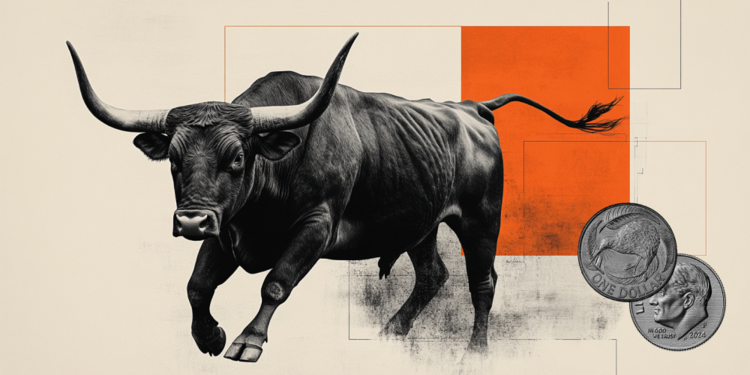Scientists have discovered in the Amazon, between the states of Pará and Amapá, what could be a new species of piranha.
The fish lives in murky waters and feeds on other fish and shrimp. It can be found in the Jari and Oiapoque rivers in Amapá, and also in the Tapajós river in Pará.
According to the scientist at the Institute of Scientific and Technological Research of Amapá (IEPA), Cecile Gama, what drew attention in this new species is that it has painted scales – as if it were the skin of a jaguar, full of dark spots. and bright.
The species also presents singularities in the bones of the head, if compared to other species of the same genus.
As for being endemic, that is, being a species that only occurs in that Amazon region, Dr. Cecile points out that it is probably not, but it can be considered rare, as it was not found more frequently despite its size.
The finding was presented at the Brazilian Meeting of Ichthyology, in Rio Grande do Sul, which brings together fish experts from all over the world, without any objections.
The next step will be to publish the name of the new species in a scientific journal.
In fact, the piranha had not been baptized until the presentation at that event, what there was was the suggestion of possible names such as: “Onça”, “Jaguar” and “Juma”.
After consulting the internet, the fish was named “Juma”. The name is a reference to the protagonist character of the soap opera “Pantanal”, by TV Globo.
As for the Amazon still being a mystery to scientists, Dr. Cecile Gama, added that despite being much studied, it is still quite unknown.
“The diversity of fish is enormous and every year new species are found”, he pointed out. She also cited Amapá as an example, where scientists are making an effort to learn about biodiversity, but they still have a lot of work ahead of them.
“Detailed work, which involves going to the field in remote locations, with difficult access and complicated logistics. After that, there is still all the work in the laboratory, which demands a lot of time and knowledge”, described the scientist.
Source: CNN Brasil







